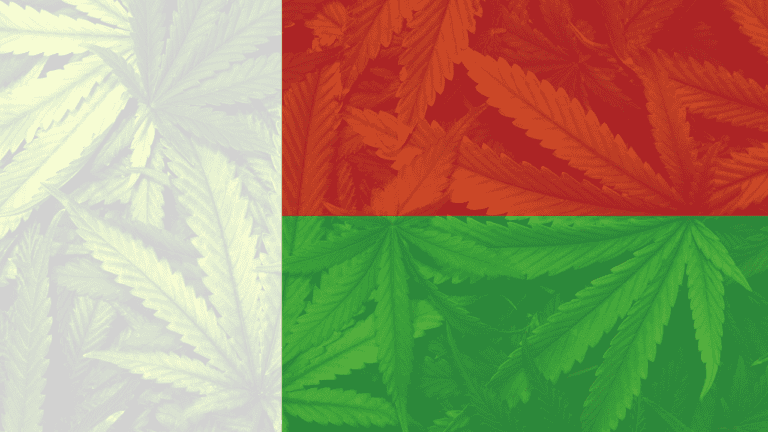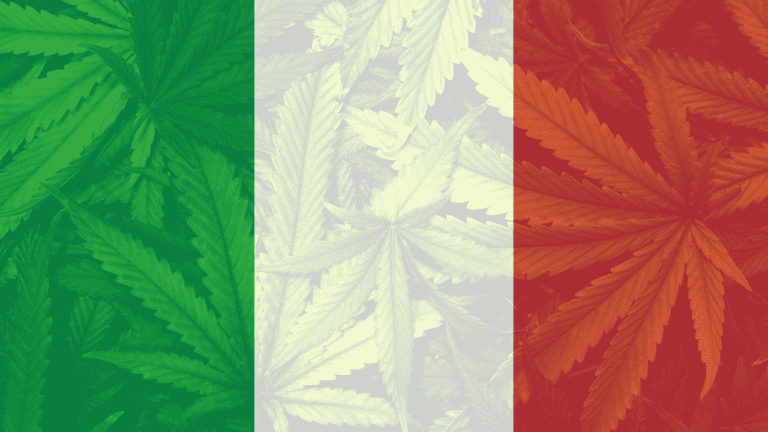Recreational cannabis refers to the use of cannabis for enjoyment rather than strictly medicinal purposes. As laws and social attitudes toward cannabis use have evolved over time, many countries and states have legalized or decriminalized recreational cannabis use, signifying a shift in the perception of this historically stigmatized plant.
Legalization Movement
The movement to legalize recreational cannabis has been driven by a variety of factors. Advocates argue that prohibition has failed to curb cannabis use, instead resulting in widespread illegal markets and the criminalization of otherwise law-abiding citizens. They also point to potential benefits of legalization, such as tax revenue, job creation, and regulation ensuring product safety.
The first U.S. states to legalize recreational cannabis were Colorado and Washington in 2012, and many others have followed suit. As of my knowledge cutoff in September 2021, recreational cannabis is legal in a growing number of U.S. states and several countries around the world, including Canada and Uruguay.
Regulation and Taxation
Where recreational cannabis is legal, it’s heavily regulated. Regulatory measures often include restrictions on age (generally 21 in the U.S.), public consumption, possession limits, driving under the influence, and home cultivation. Cannabis businesses must obtain licenses, adhere to strict tracking and security requirements, and comply with packaging and advertising restrictions.
Legal recreational cannabis also generates significant tax revenue. Taxes are typically applied at several points in the supply chain, including cultivation, wholesale, and retail. This revenue is often allocated to education, public health initiatives, and local governments.
Recreational Cannabis Products
Recreational cannabis comes in many forms. In addition to traditional dried flower, there are edibles (food and beverages infused with cannabis), concentrates (highly potent extracts), topicals (creams and lotions), and more. The vast array of products caters to a range of consumer preferences in terms of potency, consumption method, flavor, and effect.
Safety and Health Considerations
While recreational cannabis is enjoyed by many, it’s not without risks. Acute effects can include impaired memory and coordination, increased heart rate, anxiety, and paranoia. Long-term use can lead to chronic respiratory issues (if smoked), mental health problems, and substance use disorder.
Public health experts emphasize the need for education about safe consumption practices, such as starting with low doses, waiting for the effects before consuming more (especially with edibles), and not driving or operating machinery under the influence. They also stress the importance of keeping cannabis products out of the reach of children and pets.
Recreational cannabis signifies a new era of legal and social acceptance for a plant that has long been stigmatized and misunderstood. However, along with this acceptance comes the responsibility of ensuring that it’s used safely and that its legalization and commercialization don’t harm vulnerable populations. As laws and attitudes continue to evolve, so too will our understanding of the best ways to regulate, consume, and enjoy recreational cannabis.






